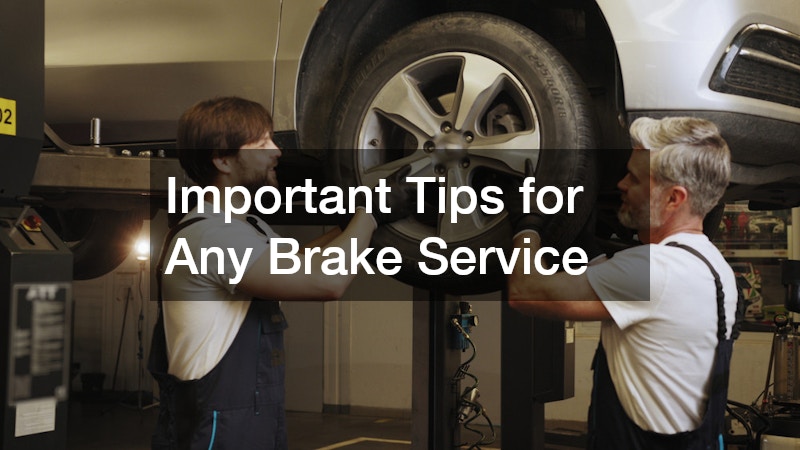Truckers are a determined group, dedicated to transporting cargo across the United States to keep the country operating. Did you know that the majority of domestic freight in the United States is transported by road? This is why we see so many large trucks on our roads.
The key to your truck’s performance is to keep it well-maintained. Truck maintenance is performed by trained and qualified experts. They provide all the information about your truck, including tire, fuel status, battery among other things.
As a result, the truck’s performance is entirely dependent on its upkeep. If a portion of your vehicle isn’t working properly or is completely broken, you should replace it as soon as possible.
The following article examines heavy truck maintenance and what must be done to keep them on the road. Let’s start with mandatory inspections that will keep your truck safe.
1. Replace the Engine Oil and Filter Regularly
The most important aspects of a proper truck maintenance routine are oil and filter changes. Your truck’s engine is lubricated and protected by clean oil.
Dust, debris, and dirt from the engine and environment can readily contaminate the engine oil. When this happens, the engine is unable to perform its duties correctly.
Your truck, like its oil, needs clean air to run properly. Replace the oil filter regularly to eliminate any dust or debris that could cause the engine to lose efficiency.
2. Check the Truck’s Alignment
It is time for an adjustment if your truck is pulling to one side. Out-of-whack wheels will increase the wear and tear on your tires.
Wheel misalignment can also be caused by aggressive driving and traveling at high speeds on rough roads. Furthermore, gas mileage usually degrades.
Getting your wheels aligned regularly will save you money in the long term. So, take your truck to a garage with proper alignment vehicle lifts.
3. Examine the Tires
Uneven tire wear can be caused by difficulties with your suspension or alignment, as well as tire pressure concerns. Part of your preventative maintenance routine should cover a check of your tread depth and tire condition.
Your tires are your primary point of contact with the road, so keep them properly inflated at all times to gain maximum fuel efficiency and avoid uneven wear.
We all are aware of how hazardous a tire puncture on the road can be, so inspect your tires frequently to avoid the time, cost, and danger.
4. Regular Brake Service
Brake failure has unfortunately resulted in a number of incidents on the roadways. Vehicle damage and third-party injuries are the results of this. To avoid these collisions, have your truck brakes checked by a professional regularly.
Furthermore, because the travel distance fluctuates depending on driving patterns, brakes should be tested and maintained at every oil change.
5. Avoid Engine Problems with Regular Tests
Engine issues will get your vehicle off the road faster, so keep an eye out for indicators like severe smoking, low oil pressure, or a loss of power. These are indications of a sick engine and should be addressed right away, ideally by a professional who can properly find out the issue and make the necessary repairs.
For the engine, schedule frequent compression tests with your maintenance provider, which will give you an idea of how long the engine will survive.
Other maintenance tests include checking the temperature of the engine coolant and exhaust, as well as the oil and boost pressures.
6. Check the Lights

While it is critical to have regular oil changes, don’t forget to inspect your truck’s inside and exterior as well. This easy test can reveal information about the health of your truck.
A dull interior light, for example, could indicate an electrical issue. The faulty tail light is not only dangerous, but it can also result in a hefty charge. You should also check to see whether your glove box has spare fuses.
7. Keep Yourself Updated
Preventative safety measures are always changing and being updated with new information. Even seasoned drivers must ensure that they are up to date on all training and that they follow all new rules and regulations when driving.
You can never have enough training as a driver, therefore place yourself in a state of constant learning to achieve long-term success.
Given numerous vehicles on the road, we estimate that hundreds of heavy trucks are receiving normal maintenance as we speak, while many more are cruising the roads of the United States, fully loaded with items for shop shelves across the country.





